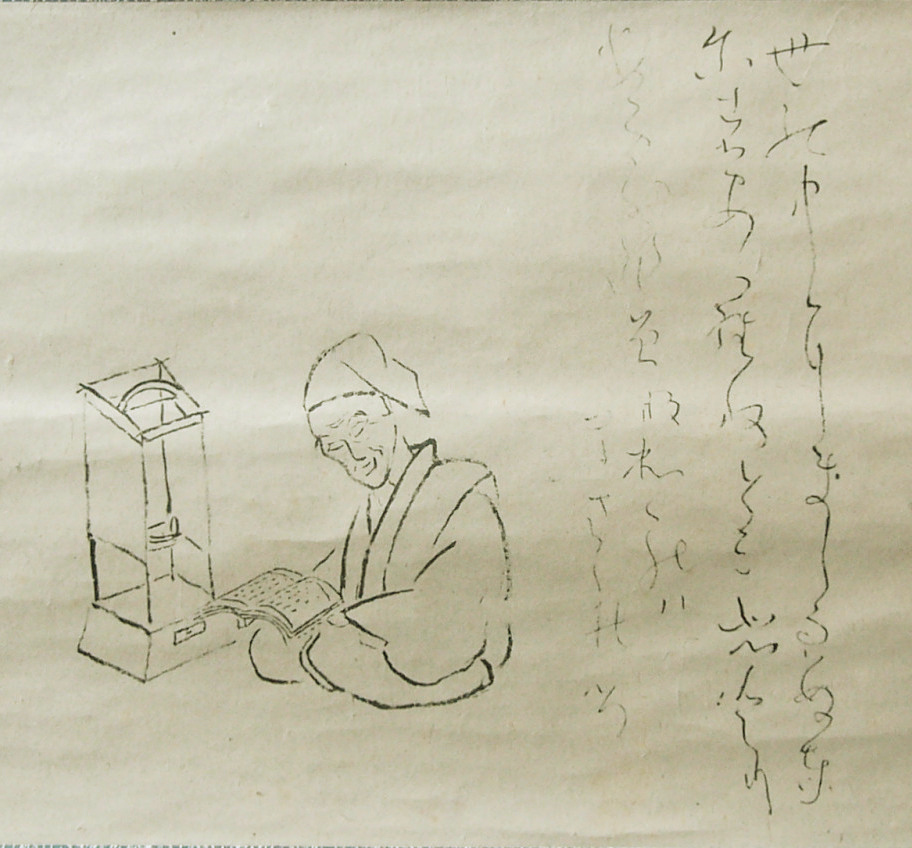“In this dream world
We doze
And talk of dreams —
Dream, dream on,
As much as you wish”
As translated in Lust for Enlightenment : Buddhism and Sex (1990) by John Stevens, p. 28
